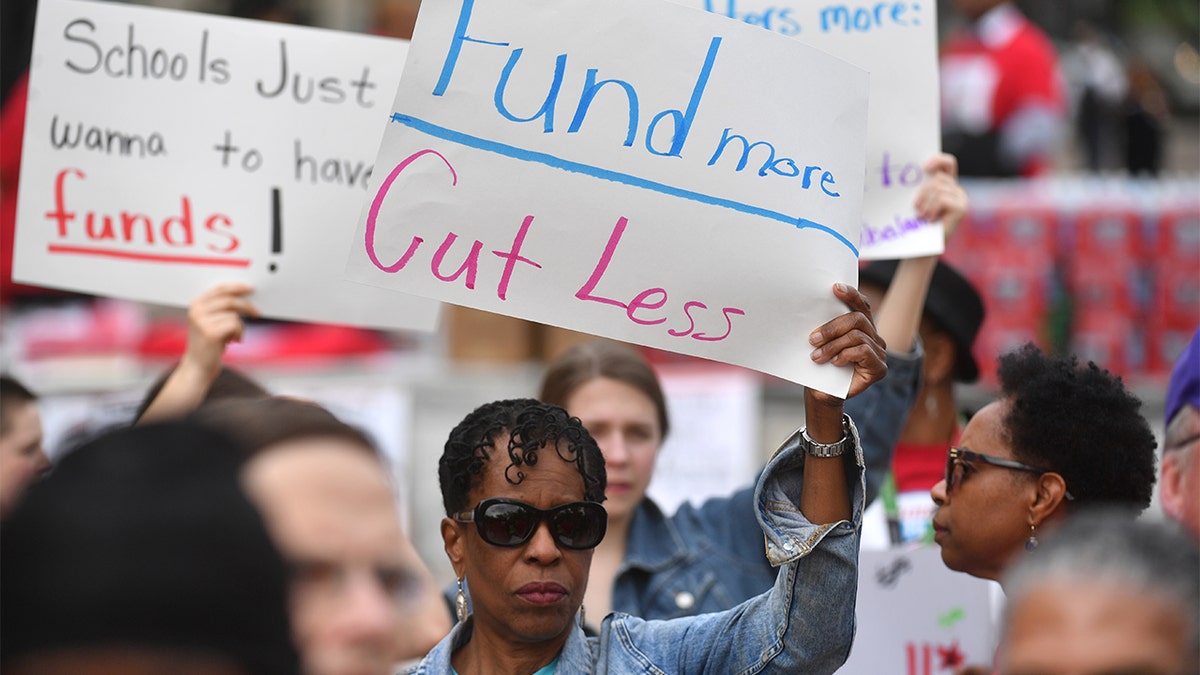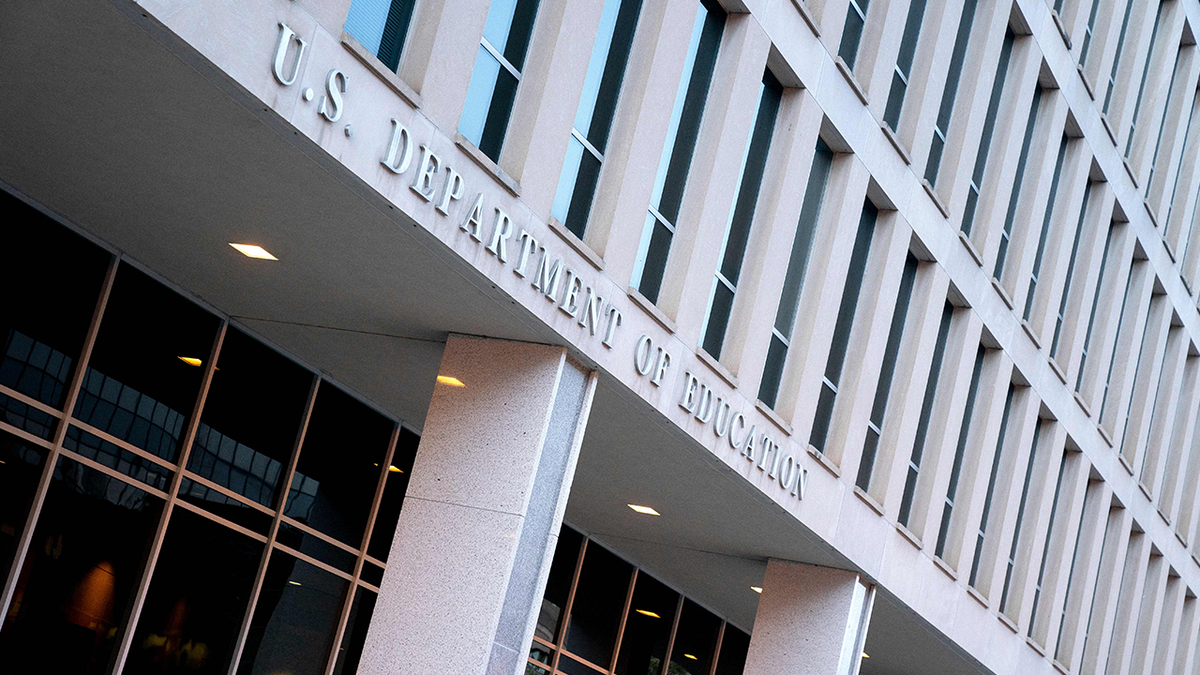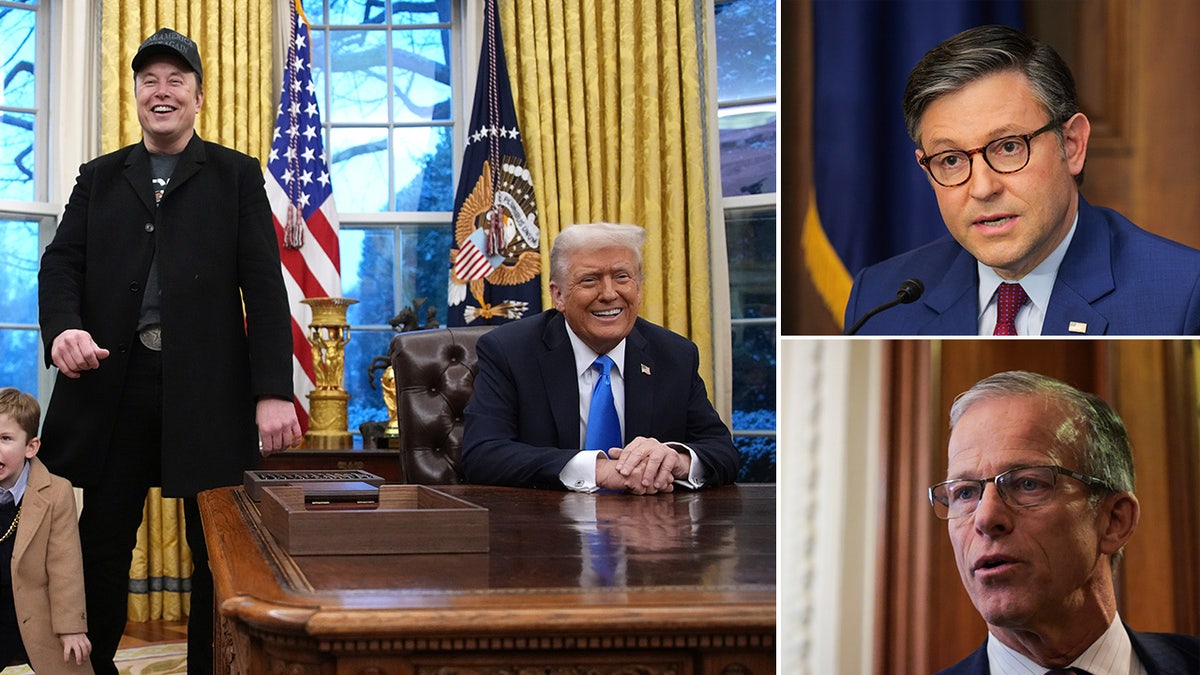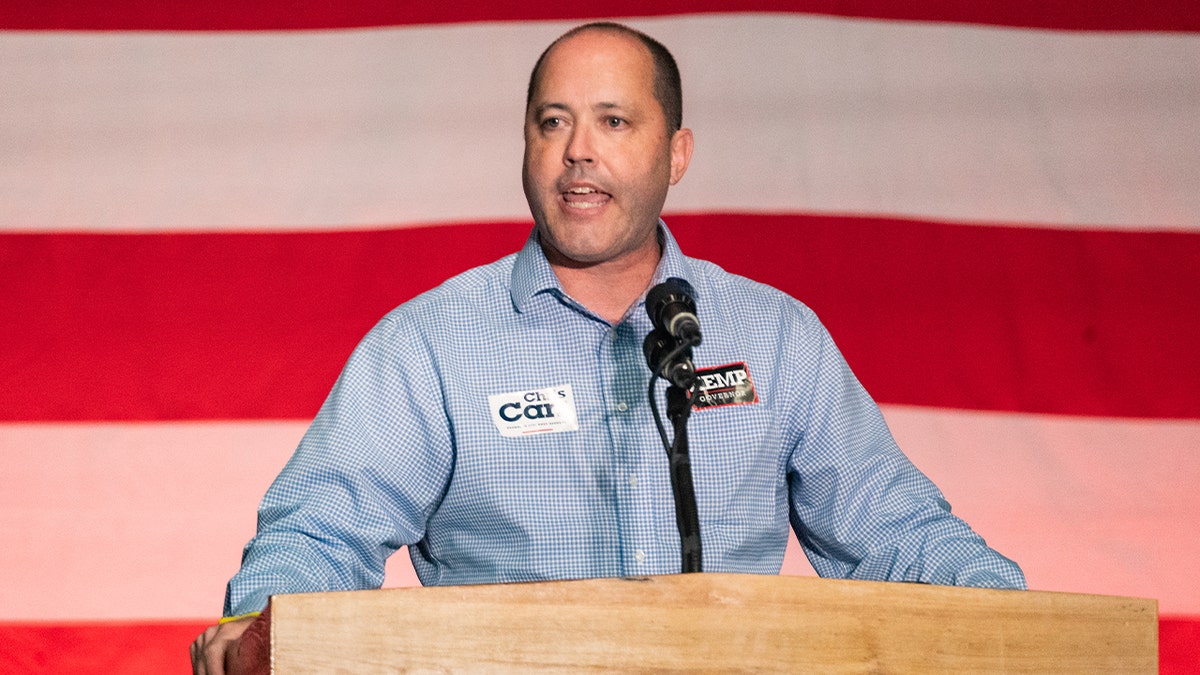The debate surrounding the future of the U.S. Department of Education continues to gain traction, with proponents of its abolishment, including President-elect Donald Trump and members of his Department of Government Efficiency (DOGE), suggesting a return of educational control to individual states. This move aims to streamline bureaucracy, enhance efficiency, and better align education with regional values. However, this proposal has sparked a heated debate, with liberals advocating for the department's role in ensuring stability, enforcing civil rights protections, and addressing systemic inequalities. Conservatives, on the other hand, view the department as an unnecessary layer of bureaucracy hindering innovation and failing to achieve its objectives.
Established in 1980 under President Jimmy Carter, the Department of Education's creation was met with initial resistance from lawmakers and educators concerned about potential federal overreach. The call for its abolishment isn't unprecedented, with President Reagan also supporting the idea during his campaign. However, despite these historical attempts, dismantling the agency requires congressional approval, posing a significant political hurdle.
Eliminating the DOE could bring about several key changes in public education:
Increased Local Control

Shifting authority back to state and local governments could empower schools to develop policies reflecting regional needs and priorities. Max Eden, a senior fellow at the American Enterprise Institute, suggests that this could provide schools with greater autonomy despite the federal government's continued financial contribution. However, critics like Randi Weingarten, president of the American Federation of Teachers, express concern about potential disparities in educational standards and resources between regions. Others, such as Michelle Exner of Parents Defending Education, argue that decentralization is crucial to counteract the DOE's perceived focus on bureaucracy over tangible results.
Impact on Funding for Low-Income Areas

The DOE's potential elimination raises concerns about the fate of federally funded programs like Title I, IDEA, and the Child Nutrition Act, which support low-income students. Critics fear that without federal oversight, inequalities between affluent and underserved school districts could worsen. However, proponents of abolishment argue that federal involvement hasn't effectively closed achievement gaps and suggest redistributing funds as block grants to empower states to make spending decisions based on local requirements.
The Future of Civil Rights Protections

The DOE's Office for Civil Rights (OCR) enforces anti-discrimination laws in schools. Some worry that dissolving the department might weaken these protections. However, others propose reallocating these responsibilities to another agency for efficiency, believing the core function would continue elsewhere within the federal government.
Financial Aid and Student Loans: A Shift in Management?

The DOE currently manages programs like Pell Grants and student loans. Abolishing the department could introduce uncertainty for students relying on these programs. Critics fear restricted college access for financially disadvantaged students. Conversely, supporters propose transferring these functions to the Treasury Department, streamlining the process.









